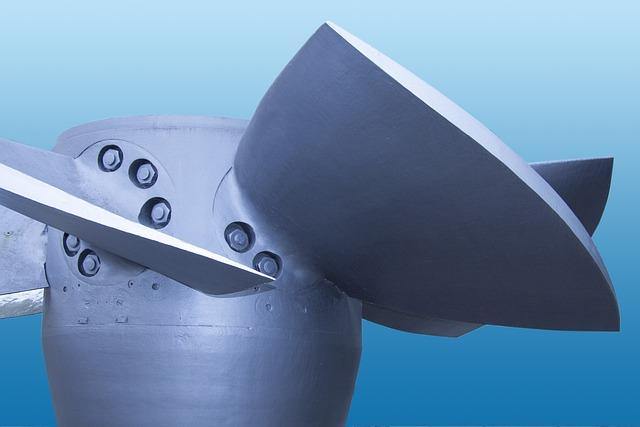Introduction
Hydropower is a renewable energy source that utilizes the power of flowing water to generate electricity. In this article, we will explore the various aspects of hydropower, including its history, benefits, drawbacks, modern applications, environmental impact, and future prospects.
- History of Hydropower
- Benefits of Hydropower
- Drawbacks of Hydropower
- Modern Applications of Hydropower
- Environmental Impact of Hydropower
- Future Prospects of Hydropower
- Conclusion
- FAQs
History of Hydropower
Hydropower has been used for centuries, with ancient civilizations harnessing the power of water to perform various tasks. The modern era of hydropower began in the late 19th century with the construction of large-scale hydroelectric dams.
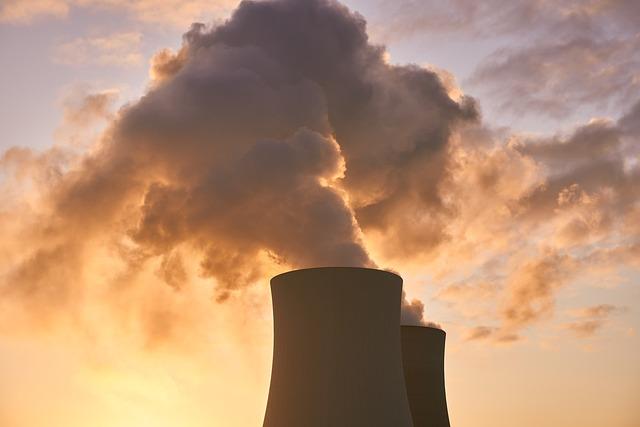
(Image: Pixabay/@distelAPPArath)
Today, hydropower is a major source of electricity in many countries worldwide, providing clean and sustainable energy.
Benefits of Hydropower
Hydropower offers numerous benefits, including being a renewable energy source that does not produce greenhouse gas emissions during electricity generation. It also provides a reliable and consistent source of power, helping to stabilize the grid and meet peak electricity demand.
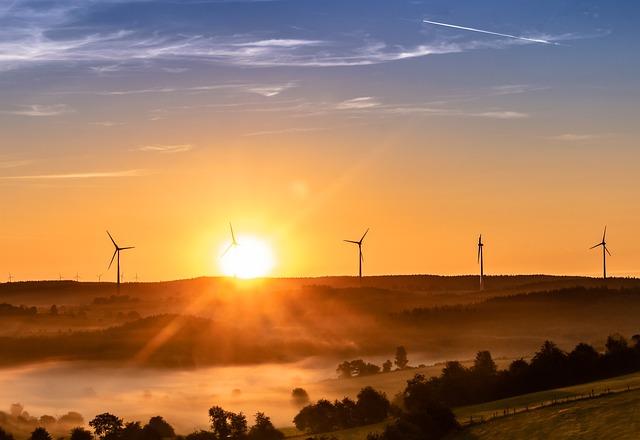
(Image: Pixabay/@Myriams-Fotos)
Additionally, hydropower reservoirs can provide recreational opportunities, flood control, and water supply management.
Drawbacks of Hydropower
While hydropower is an environmentally friendly energy source, there are some drawbacks to consider. The construction of large dams can lead to habitat destruction, alter ecosystems, and displace communities. Changes in water flow patterns can also impact downstream environments.

(Image: Pixabay/@borevina)
Furthermore, sediment buildup in reservoirs and concerns about fish migration are important considerations in hydropower development.
Modern Applications of Hydropower
Modern hydropower systems incorporate advanced technology to optimize energy generation and efficiency. Run-of-the-river facilities, pumped storage hydropower, and small-scale hydroelectric systems are common applications of hydropower today.
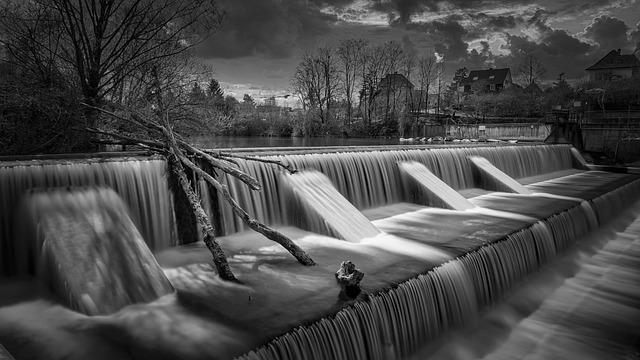
(Image: Pixabay/@CLAVIGRAPHIE)
These systems play a vital role in meeting energy needs and promoting sustainability in the face of climate change.
Environmental Impact of Hydropower
While hydropower is considered a clean energy source, it is not without environmental impact. The alteration of river flows, disruption of aquatic habitats, and changes in water quality are significant concerns associated with hydropower development.

(Image: Pixabay/@nathalieburblis)
It is essential to carefully assess these impacts and implement mitigation measures to minimize harm to the environment.
Future Prospects of Hydropower
The future of hydropower lies in technological advancements and sustainable practices. Innovations in turbine design, fish-friendly infrastructure, and improved environmental monitoring offer promising solutions for enhancing the efficiency and sustainability of hydropower projects.
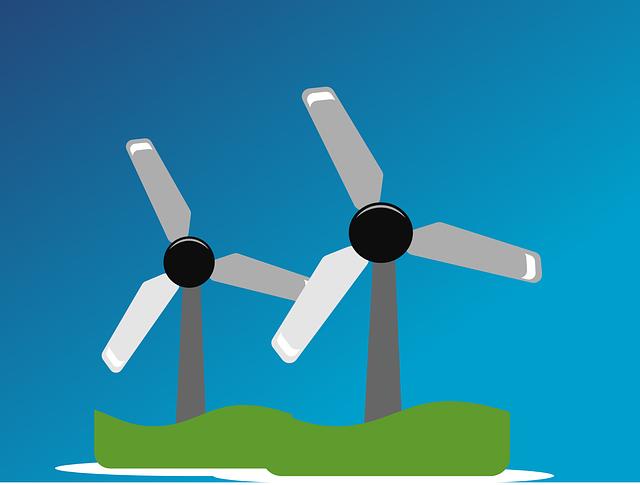
(Image: Pixabay/@Clker-Free-Vector-Images)
As society transitions towards a greener energy future, hydropower is expected to play a crucial role in the global energy mix.
Conclusion
Hydropower remains a valuable and reliable source of renewable energy, contributing significantly to sustainable development and energy security. While challenges exist in terms of environmental impact and societal considerations, ongoing efforts to enhance the sustainability of hydropower will ensure its continued relevance in the transition to a cleaner energy landscape.
FAQs
Is hydropower a renewable energy source?
Yes, hydropower is considered a renewable energy source as it relies on the natural flow of water to generate electricity without depleting finite resources.
What are the environmental concerns associated with hydropower?
Environmental concerns related to hydropower include habitat disruption, altered river ecosystems, and impacts on fish migration patterns. It is essential to address these issues through careful planning and mitigation strategies.

